OUR REPORT OVERVIEW:
Navigating our report
Navigation icons
Throughout this report, we use the following navigational icons to show the interconnectivity between core concepts and the various sections of this report. Working together and separately, these elements have the potential to impact (positive and negative) our ability to create value over the short, medium, and long term.
Capitals
Our financial, human, manufactured, intellectual, social and relationship and natural capitals facilitate every aspect of our business and our ability to create long-term value. We have accordingly defined our structure, activities, and performance against our strategy in this report in terms of these six capitals.

Inputs:
We are dependent on the forms of capital available to us

Value-adding activities:
How we use them

Outputs and outcomes:
Our impact on them and the value we deliver

Manufactured: This comprises our governance, business processes, building infrastructure, leading systems as well as our investment in information technology infrastructure and innovation that together enable us to manage the organisation in a prudent and professional manner.

Financial: This tackles how we manage the Fund responsibly and in a profitable manner. We do this by making prudent investment decisions from our members contributions and competitive investment returns, which enable us to sustainably grow our assets and the members’ Fund.

Human:This resides in our employees, who are also members of the Fund and have a strong alignment with the rest of the NSSF members. In addition, the ability to attract, develop, enable, and retain the best talent is one of the Fund’s top objectives. We aim to create an exciting and vibrant work environment and we work continuously to provide our people with attractive career paths that will make them experts in their fields.

Social and Relationship:This comprises the relationships and collaborations we have with our key stakeholders – our members, employees, suppliers, communities, the Board, the Ministry of Finance, the Ministry of Gender, Labour, and Social Development and our regulator URBRA.

Natural:This is the effect of our operations on the environment and the sustainable development goals.
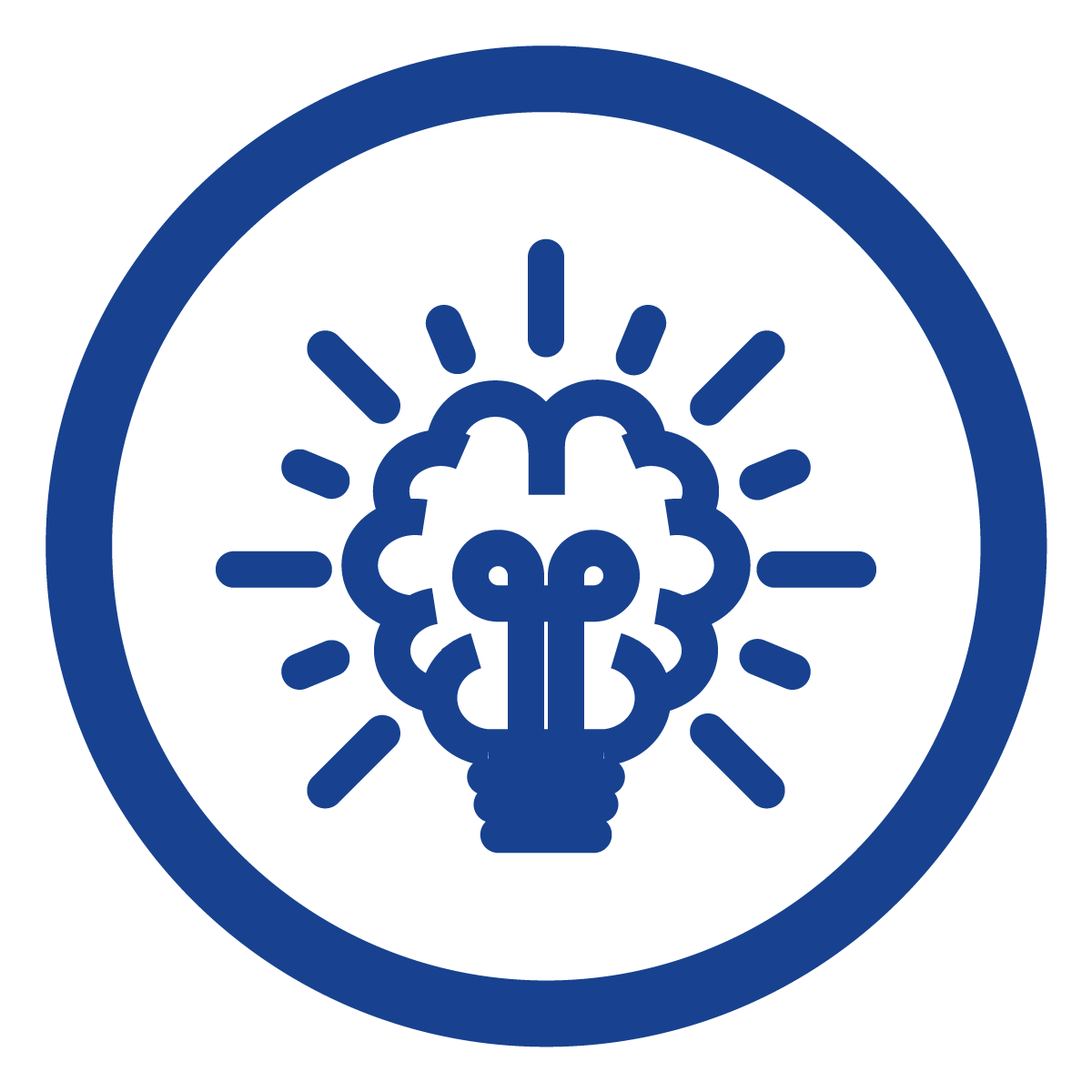
Intellectual:This lies in the Fund’s reputation. Institutional knowledge and experience are intangible assets that have been built over time and have instilled confidence in us among our stakeholders and in Uganda at large.
At times we need to make trade-offs between our capitals
Strategic objectives

Focus area 1:
Increase customer satisafaction

Focus area 2:
Increase profitability
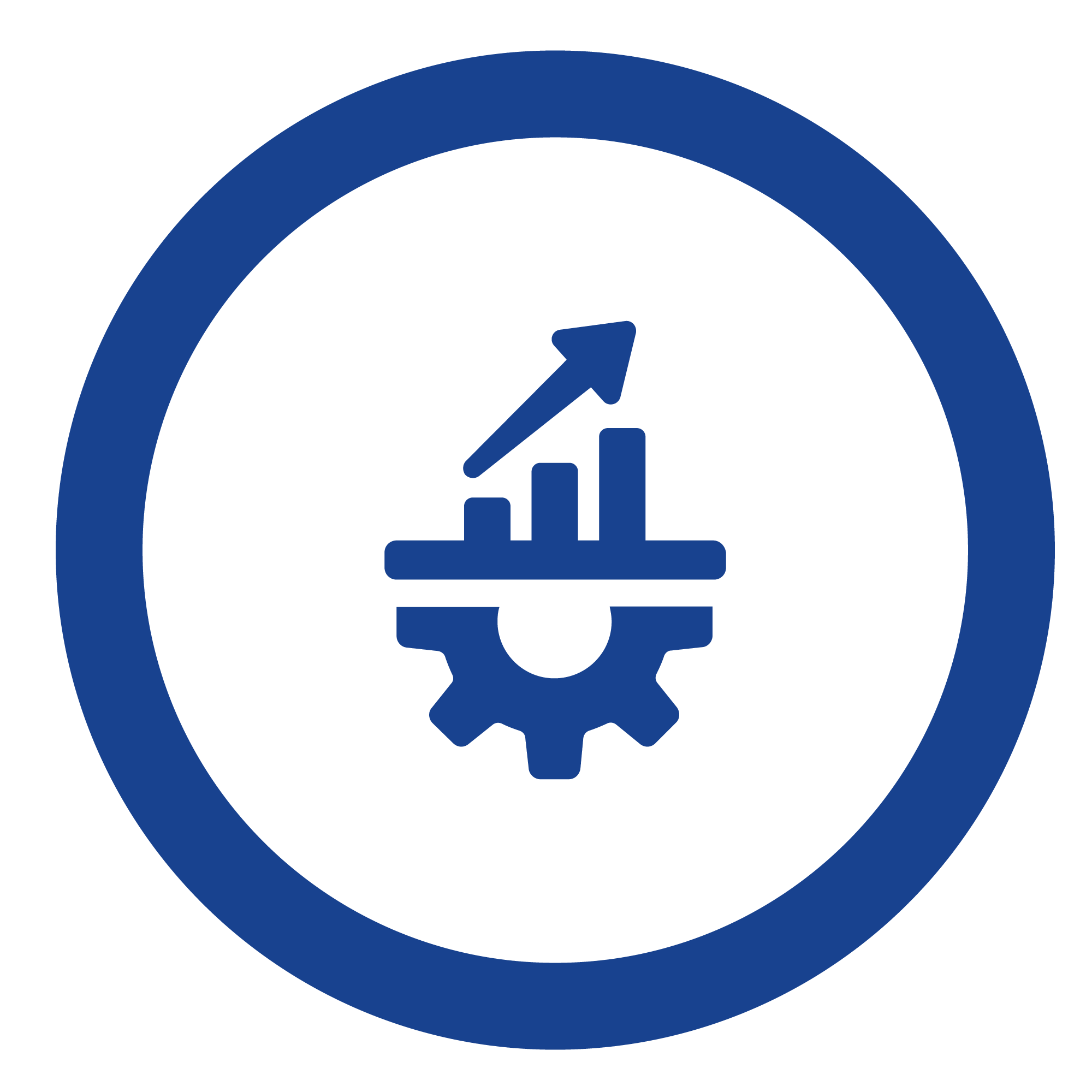
Focus area 3:
Increase productivity

Focus area 4:
Increase staff satisfaction
Stakeholders
Members
Employees
Regulators and legislators
Suppliers
Communities
Industry associations
Materality themes
Material matters are those issues that could affect our ability to create value in the short, medium, and long term.

Regulatory restrictions
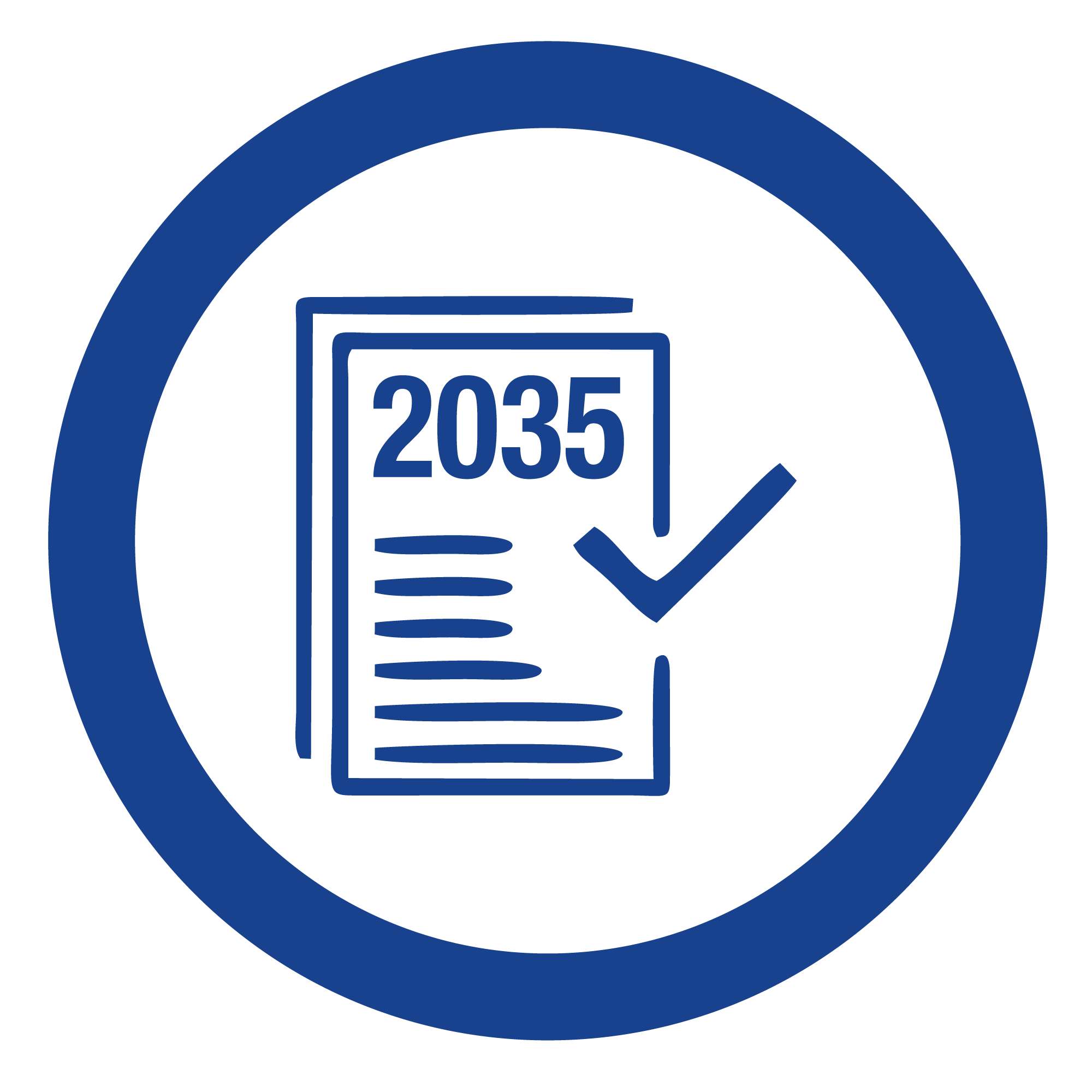
Strategic executon of Vision 2035

Global economic uncertainty
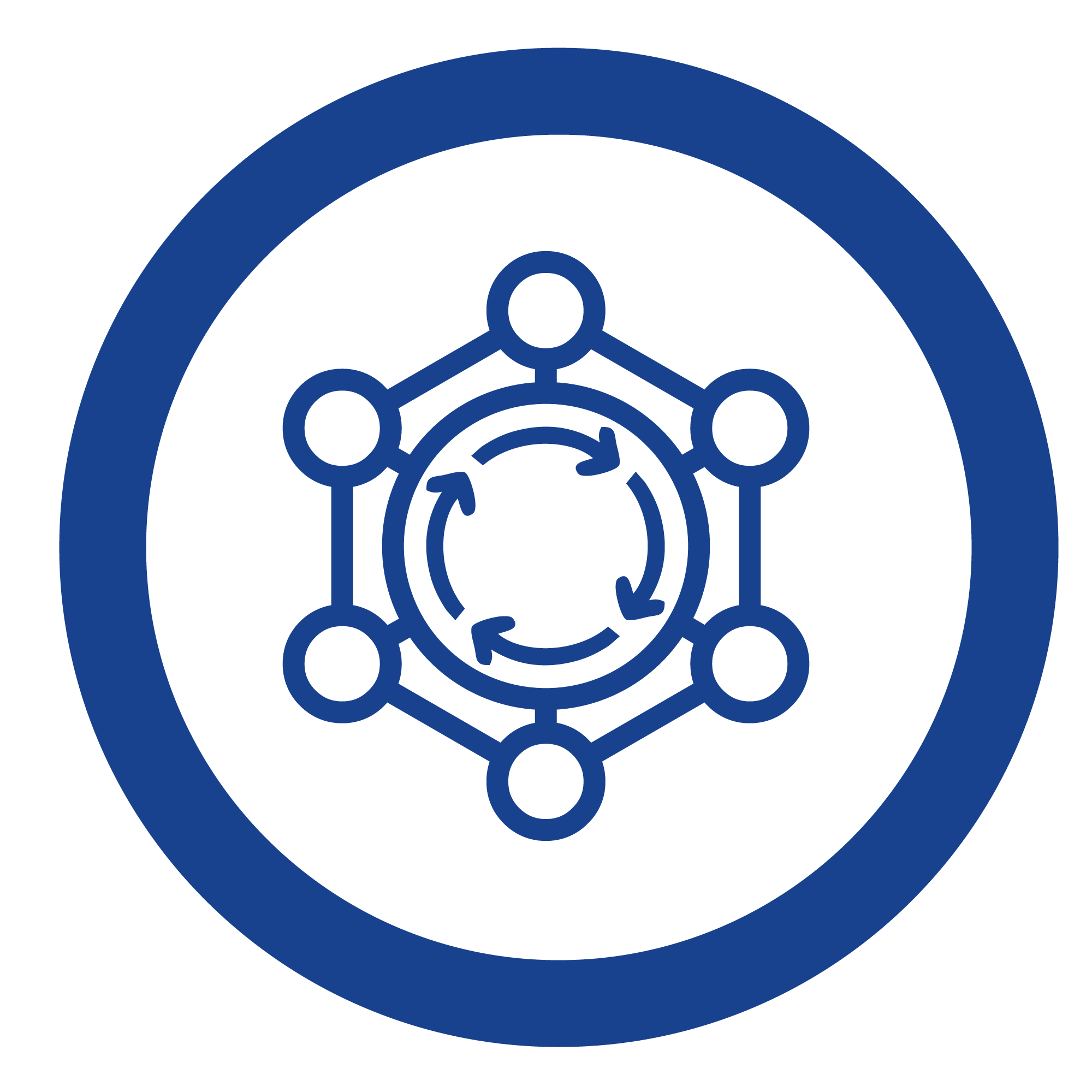
Digital acceleration
Sustainable development goals
We have prioritised stakeholder issues according to their economic, environmental, social, and financial impact as guided by the GRI reporting framework and have adopted the Global Reporting Initiative's (GRI Standards (2016)(GRI)) for purposes of this report. See our GRI Report as at 30 June 2024.
GRI supports the UN (United Nations) 2030 Sustainable Development Goals (SDGs), and our report demonstrates that the activities undertaken by the Fund contribute to the objectives of the SDGs. Our business activities are geared to have a positive impact on people, the planet and prosperity.
Last year, the Fund conducted a comprehensive baseline assessment of all key strategic initiatives. This involved detailed research and analysis to evaluate our current practices, identify areas for improvement, and assess our progress against various frameworks, such as the UN Sustainable Development Goals (SDGs). As a result, we have aligned and prioritised specific SDGs, focusing on integrating sustainability into our overall strategy and financial reporting.
The Fund has prioritised the following 7 SDGs:







Board and Board committee icons
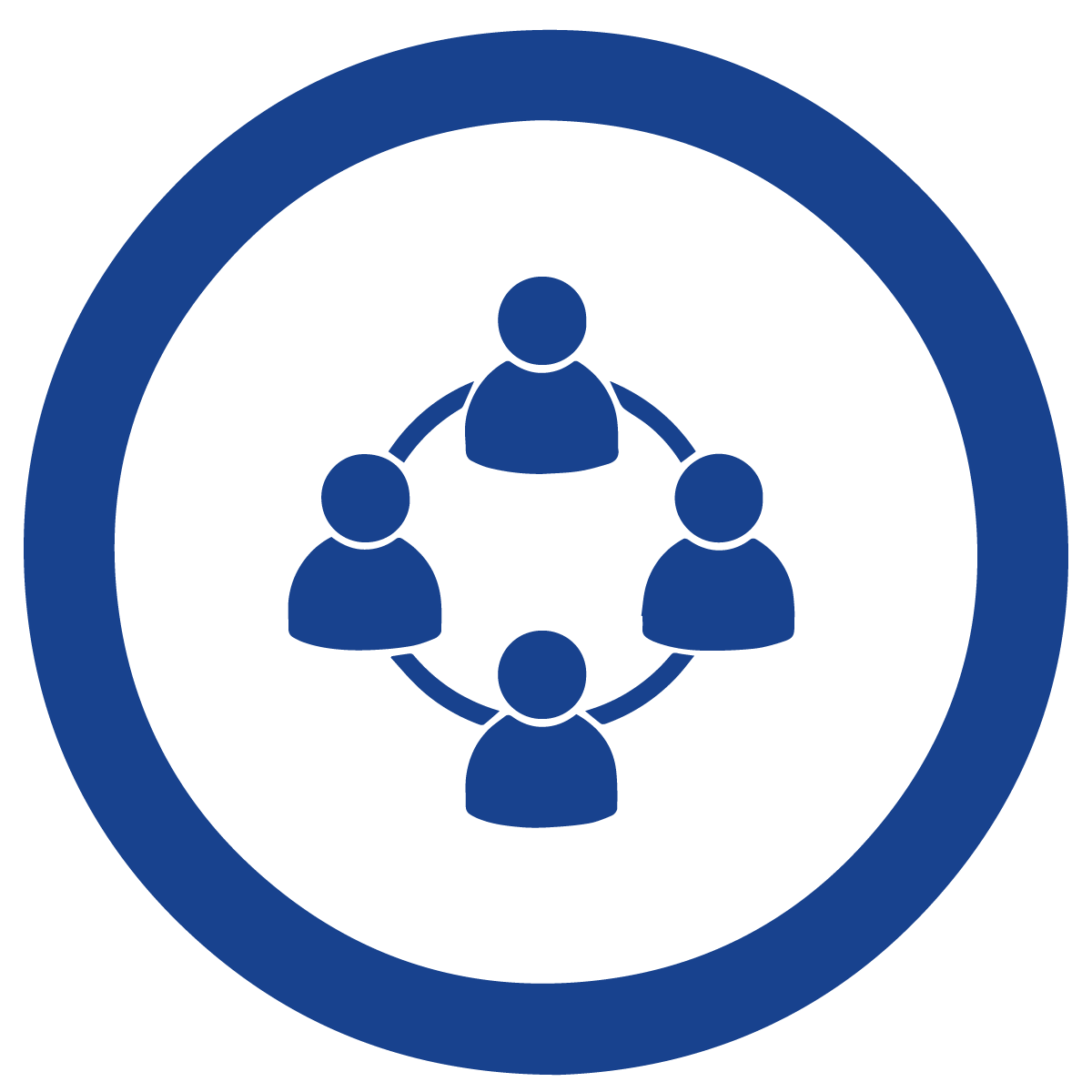
Main Board

Staff Administration
and Corporate Affairs Committee (SACA)

Audit and Risk
Assurance Committee (ARC)

Finance Committee
Through a clear social purpose, we aim to create long-term sustainable values underpined by sound ESG principles.
Dr Peter Kimbowa, Chairman, Board of Directors

Investments and Project
Monitoring Committee (IPMC)
Top Risks















A NEW DAY - CREATING SHARED VALUE FOR SUSTAINABLE GROWTH

